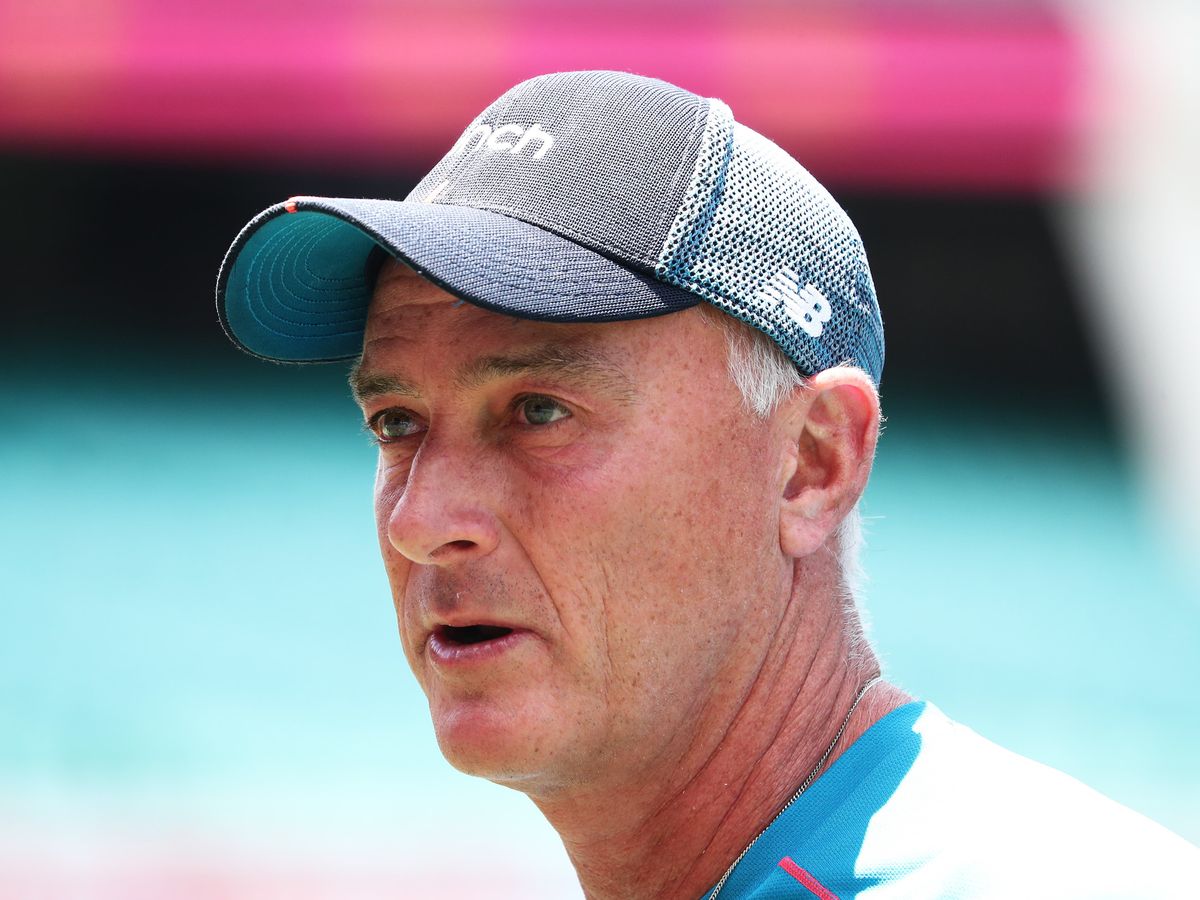Tragedy of a Cricketing Legend: The Final Days of Graham Thorpe
On a bleak morning in early August 2024, the image of a beloved sporting icon was forever altered when Graham Thorpe, the former England cricketer and revered batting coach, was struck by a train at a railway station in Surrey. His widow, Amanda Thorpe, shared the heartbreaking reality that he had taken his own life, a revelation that has since echoed in the hearts of many fans and colleagues. The subsequent inquest revealed a narrative of struggle, mental health challenges, and a system that may have failed to address the severity of his situation in a timely manner.
The Descent into Darkness
In the months leading to his tragic death, Thorpe’s mental health suffered significantly after losing his coaching position with the England and Wales Cricket Board in 2022. This marked not only a professional setback but an existential crisis for the 55-year-old, who had dedicated over two decades to the sport. An inquest at Surrey Coroner’s Court unraveled the layers of his deteriorating mental state, revealing that Thorpe had “spiralled into depression.” He had even expressed thoughts of ending his life, one poignant moment captured when he told healthcare professionals, “I didn’t see the point of being here.”
A Missed Appointments and Unheeded Signals
The inquest heard from consultant psychiatrist Dr. Amirthalingam Baheerathan, who had interacted with Thorpe during his mental health evaluations. While he recognized the fluctuating nature of Thorpe’s condition, Dr. Baheerathan ultimately concluded that Thorpe “wasn’t under imminent risk” at the time of his consultations. However, the idea that depressed individuals may not fully articulate their feelings complicates psychiatric assessments. Dr. Helen Cooper, a psychologist specializing in sports mental health, stated, “Individuals grappling with depression often mask their true state to maintain appearances. In Graham’s case, his sporadic attendance at appointments suggests that he may have downplayed his suffering.”
Among the many missed appointments and missed opportunities for intervention were important discussions that may have changed the course of his final weeks. Despite evidence of Thorpe’s distress, including a prior suicide attempt, recommendations for immediate action were not taken. Dr. Baheerathan acknowledged this lapse, saying, “Our protocols should involve more vigorous follow-ups when an individual exhibits suicidal ideation, particularly in high-risk cases.”
- Depression can manifest in various ways, including:
- Absence from social activities
- Increased isolation
- Expressing hopelessness
- Sporadic engagement in treatment
A Telling Incident: The Video Scandal
Another layer to Thorpe’s struggles emerged from an incident during his time in Australia, where a video shared among friends was leaked, leading to immense public scrutiny. Amanda Thorpe described how this incident cast a shadow over their lives, saying, “That was a horrible time for us. The fallout was overwhelming.” Reports suggested that the turmoil catalyzed a decline in Thorpe’s mental health, contributing significantly to his feelings of inadequacy and despair.
Dr. Thomas Marsh, a researcher at the Centre for Mental Health in Sports, emphasized the importance of understanding the psychological toll that public scrutiny can impose on individuals: “In elite sports, the pressure to maintain a flawless image can exacerbate mental health issues. Thorpe’s case is a tragic example of how external pressures can have devastating internal repercussions.”
The Support System: A Double-Edged Sword
In the months leading up to Thorpe’s death, he indicated several times that he wished for an end to his suffering, seeking assistance from Amanda in ending his life. Amanda recalled those moments with heartbreak and disbelief: “I felt utterly helpless. He was not the Graham everyone knew; he was lost.” Despite expressing such sentiments, professionals involved in his case believed he had no immediate plans to act on his thoughts of suicide, which raises questions about the methodologies employed in mental health assessments.
Following their last consultation with Dr. Baheerathan, many were left wondering whether alternative approaches such as home visits or more immediate interventions could have altered his path. As Amanda put it, “The system seems to have let him down when he needed it the most.”
Remembering a Cricketing Icon
Graham Thorpe was not merely a cricketer; he was an integral part of the English sporting landscape. As a consistent performer who amassed 16 Test hundreds and an impressive 182 caps for England across all formats, his impact on the game cannot be overstated. He transitioned seamlessly into coaching roles after retirement, offering invaluable mentorship while helping shape future generations of cricketers.
A colleague, speaking under the condition of anonymity, reflected on Thorpe’s legacy: “Graham was a champion on the pitch and an inspiration off it. His struggles highlight the need for more support and understanding surrounding mental health within professional sports.”
As the cricket community mourns the loss of Graham Thorpe, his story serves as a poignant reminder of the fragility of mental health, especially in high-pressure environments. While the inquest continues to unravel the complexities surrounding his death, it is imperative that lessons are learned so that the legacies of sports icons are preserved not only in the records of their achievements but also in the compassionate care offered to them in their times of need.
Source: www.expressandstar.com


